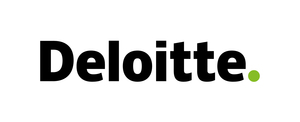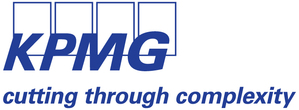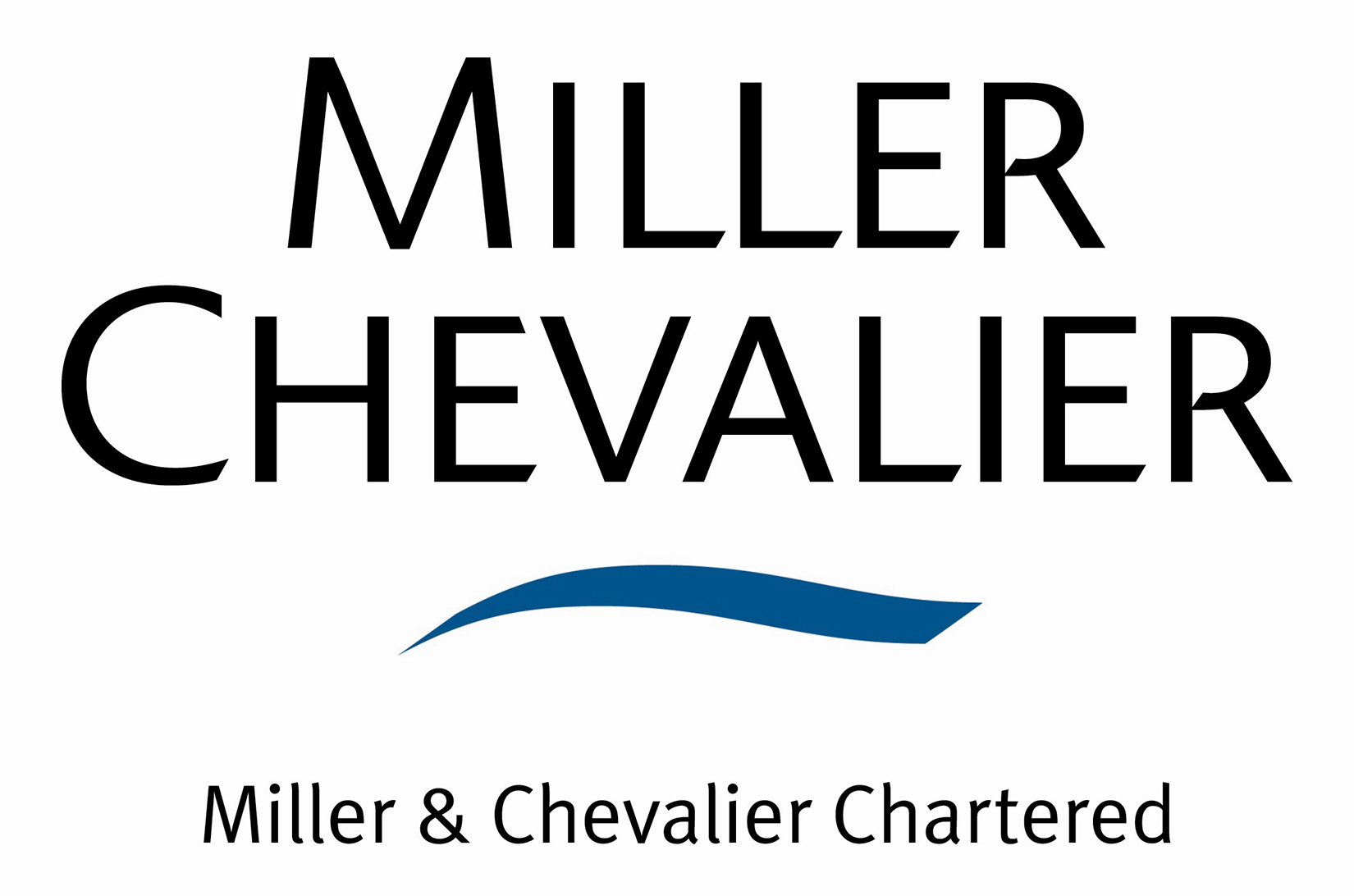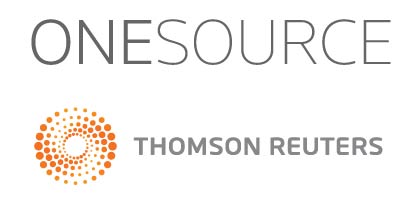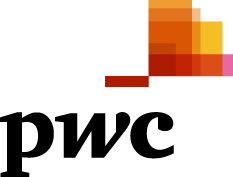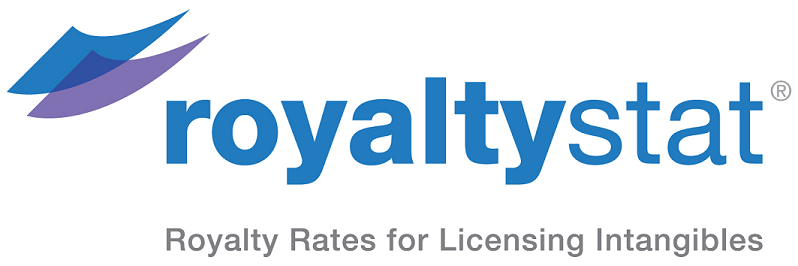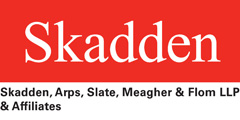
- This event has passed.
Program Description.
Intangible assets such as brands, intellectual property and business processes represent a growing share of the US and global economy and are a key to future US job growth and competitiveness. As countries and their tax administrations adapt to intangibles-based business models, US tax reform leaders and stakeholders will need to:
- Understand how intangibles can affect business decisions
- Monitor other countries that encourage intangible investments while protecting their tax bases
- Evaluate tax reform proposals with intangibles and US competitiveness in mind
- Seek improved guidance on intangibles that addresses US and global tax enforcement issues
- Learn about state, federal and global tax issues affecting e-commerce and cloud computing
Help lead the way!
Don’t miss this opportunity to exchange ideas with today’s top business, government and academic tax leaders.
Continuing Education.
CPE: 11
CLE: 11
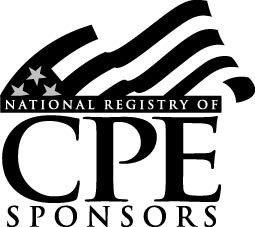
The Tax Council Policy Institute is registered with the National Association of State Boards of Accountancy (NASBA) as a sponsor of continuing professional education on the National Registry of CPE Sponsors. State boards of accountancy have final authority on the acceptance of individual courses for CPE credit. Complaints regarding registered sponsors may be submitted to the National Registry of CPE Sponsors through its website: http://www.learningmarket.org.
The Agenda.
Day 1
-
7:00AM - 8:00AM
Registration
-
8:00AM - 8:15AM
Welcoming Remarks and Recognition of Symposium Mission
-
8:15AM - 9:00AM
Competitive Advantage: The Importance of Intangible Assets to U.S. Economic Growth in the Global Economy
Intangible assets, also known as knowledge assets or intellectual capital, are critical to U.S. job growth in an increasingly competitive global economy. This session provides an overview of different types of intangibles, which can include intellectual property, computerized information, brand equity, firm-specific human capital, networks, and organizational know-how. In some countries, investment in intangible assets equals or exceeds investment in property, plant and equipment. New research highlights the importance of these assets to increasing capital investment and labor productivity. The panelists will discuss the importance of intangible assets to U.S. companies and jobs.
- Patrick Roxworthy, Senior Vice President, Tax, Hyatt Hotels Corporation (moderator)
- Robert Atkinson, President, Information Technology and Innovation Foundation (ITIF)
- Robin Beran, Chief Tax Officer; Director, Global Tax & Trade, Caterpillar Inc.
- Bart van Ark, Executive Vice President and Chief Economist, The Conference Board -
9:00AM - 9:30AM
A Business Perspective on the Management of Global Intangibles
Keynote Address: Kelly Romano, Vice President, Business Development, United Technologies Corporation
-
9:30AM - 10:00AM
Break
-
10:00AM - 11:00AM
A Brief History: Evolution of the U.S. Tax Rules Governing Intangible Property
Intangible property activities and investment present challenges for both domestic and international tax policy. The U.S. tax system reflects decades of efforts to adapt traditional tax concepts for intangible-intensive business models. How does the current U.S. tax system pursue the sometimes-conflicting goals of encouraging investment in intangible property while limiting perceived abuses relating to transactions involving intangible property? To the extent that different rules are needed for tangible and intangible property transactions, how do these rules apply to products that may involve components of both? How do these rules deal with increasingly common scenarios in which a business engages in intangible property transactions directly with its customers? In addressing these questions, the panel will explore the definitions of intangible property for U.S. tax purposes, the deductibility or creditability of costs to develop or acquire intangible property, and the rules governing when the tax system will respect the earning of an intangible property return in a particular location.
- David Noren, Partner, McDermott Will & Emery LLP (moderator)
- William Curry, Chief Tax Officer & Assistant Secretary, The Dow Chemical Company
- David Ernick, Principal, PwC
- Rocco Femia, Member, Miller & Chevalier Chartered
- Joshua Odintz, Partner, Baker & McKenzie -
11:00AM - 12:00PM
U.S. Tax Policy in Intangibles: Behind the Curve in Global Competition?
While other countries have moved aggressively to provide incentives for innovation, and to attract commercial activity from intangibles to their jurisdictions, has the U.S. fallen behind? An R&E credit that expires every few years, and a patchwork of targeted incentives is not a long term innovation policy. In recognition that intangibles are mobile and innovation can occur anywhere, other countries have taken steps to attract intangibles to their shores. How does this impact corporate decision making, and ultimately U.S. competitiveness.
- Madeleine Barber, Senior Vice President & Chief Tax Officer, Tyco International (moderator)
- Tracee Fultz, Global Leader of Life Sciences Transfer Pricing, Ernst & Young LLP
- Michael Goldbas, Principal R&D Tax Services, Deloitte Tax LLP
- Mike Williams, Director, Business and International Tax, HM Revenue & Customs -
12:00PM - 1:30PM
Luncheon and TCPI Pillar of Excellence Award Presenation
Awardee TBA
-
1:30PM - 2:30PM
U.S. Tax Administration: Issues Raised by Intangible Transfers
This session, which will include government and private-sector panelists, will discuss the recent establishment of the IRS Transfer Pricing Office and its role in the examination of intangible transfers. The panel will then build upon earlier discussions to explore the definition of "intangible" for U.S. federal income tax purposes, with a focus on outbound asset transfers and difficulties in obtaining certainty on valuation issues in connection with such transactions.
- Paul Oosterhuis, Partner, International & Corporate Tax Law, Skadden, Arps, Slate, Meagher & Flom LLP (moderator)
- Anthony Barbera, Senior Consultant, Charles River Associates
- Samuel Maruca, Director of Transfer Pricing Operations, Internal Revenue Service (IRS)
- Duane Weber, Partner, Baker & McKenzie LLP -
2:30PM - 3:45PM
World View: Global Tax Policy Development and Administrative Perspectives
Emerging conflicts in the taxation of intangible property income by developed and developing countries complicate an already challenging landscapes for global companies. The OECD has begun a number of projects to reconcile competing views on appropriate cross-border allocation of profits from intangible assets to prevent double taxation of income. But the growing importance of non-OECD countries, their diverging views on tax policy and administration and the rise of other forums for discussing tax policy issues have affected the OECD's influence. The growth in cross-border activity has led to a rise in APA applications and greater use of mutual agreement processes, along with more resources dedicated to international examinations. This panel will discuss the OECD's work in this area, challenges faced by taxing authorities, and the effects on globally-engaged companies.
- Garry Stone, Global Transfer Pricing Leader, PwC (moderator)
- Joseph Andrus, Head of Transfer Pricing Unit, OECD's CTPA
- Michael Lennard, Chief International Tax Cooperation Section Financing for Development, U.N. Department of Economic and Social Affairs
- Michael McDonald, Financial Economist, Office of Tax Analysis, U.S. Department of the Treasury -
3:45PM - 4:15PM
Break
-
4:15PM - 5:30PM
Navigating the Cloud: Keeping Pace with the Evolving Taxation of Cloud Computing and E-Commerce
The growth of cloud computing and e-commerce has added a new wrinkle to the taxation of intangibles. While these business models are by nature borderless, tax regulations and compliance requirements are not. As use of the cloud evolves, it is creating challenges for businesses that are encountering tax regimes that vary from state to state and from country to country and for taxing authorities trying to capture tax revenue. Determining where and whether a cloud service provider has a taxable presence is one of many challenges that will be discussed during this overview of cloud-related U.S. and global tax policy.
- Channing Flynn, Global Technology Industry Tax Services Leader, Ernst & Young LLP (moderator)
- Joe Crosby, Senior Vice President & Principal, MultiState Associates Incorporated
- Nancy Perks, Senior Director, International Tax, Microsoft
- Gary Sprague, Partner, Baker & McKenzie -
5:30PM - 7:00PM
Networking Reception
Day 2
-
7:30AM - 8:30AM
Continental Breakfast
-
8:30AM - 9:00AM
Policy Keynote Address
Keynote Speaker: Senator Orrin G. Hatch (R-UT), Ranking Member of the Senate Finance Committee
-
9:00AM - 9:50AM
The Road Ahead: Tax Reform and U.S. Source Intangible Income
This session will discuss potential reform of the U.S. taxation of U.S. intangible income. The Treasury Department estimated low effective marginal tax rates on intangible investments in "The President's Framework for Business Tax Reform," released by President Obama in February 2012. This panel will explain those estimates, as well as the differences between financial and tax accounting for intangible investments. Panelists will discuss research and development incentives and the U.S. tax treatment of acquired and self-constructed intangible investments in the context of federal tax reform.
- Eric Solomon, Co-Director of National Tax, Ernst & Young LLP (moderator)
- Michelle Hanlon, Howard W. Johnson Professor and Professor of Accounting, MIT's Sloan School of Management
- David P. Lewis, Vice President - Global Taxes; Chief Tax Executive; Assistant Treasurer, Eli Lilly and Company
- James Mackie, Director - Office of Tax Analysis, U.S. Department of Treasury -
9:50AM - 10:20AM
Break
-
10:20AM - 11:50AM
Getting There: Proposals to Change the Taxation of Foreign-Source Intangible Income
Proceeding from the premise that the goal of the U.S. tax system is to enhance the domestic standard of living, this panel will examine the treatment of foreign-source intangible income in a wide variety of proposals from both the public and private sectors. Panelists will discuss the President's FY13 Budget and Framework for Business Tax Reform and separate pieces of legislation introduced by House Ways and Means Committee Chairman Dave Camp (R-MI) and Senator Mike Enzi (R-WY) during the 112th Congress.
- Hank Gutman, Director, Tax Governance Institute, KPMG LLP (moderator)
- Ray Beeman, Tax Counsel and Special Advisor for Tax Reform, House Ways and Means Committee
- Ronald Dickel, Vice President, Global Tax and Trade, Intel Corporation
- Tim McDonald, Vice President, Global Taxes, Procter & Gamble
- Michael Mundaca, Co-Director of National Tax, Ernst & Young LLP
- Michael R. Reilly, Vice President, Taxation, Johnson & Johnson -
11:50AM - 12:05PM
Closing Remarks
The Speakers.
Joseph Andrus
Robert Atkinson
Madeleine Barber
Anthony Barbera
Ray Beeman
Robin Beran
Joe Crosby
William Curry
Ronald Dickel
David Ernick
Rocco Femia
Channing Flynn
Tracee Fultz
Michael Goldbas
Hank Gutman
Michelle Hanlon
Michael Lennard
David P. Lewis
James Mackie
Samuel Maruca
Tim McDonald
Michael McDonald
ichael Mundaca
David Noren
Joshua Odintz
Paul Oosterhuis
Nancy Perks
Michael R. Reilly
Kelly Romano
Patrick Roxworthy
Eric Solomon
Gary Sprague
Garry Stone
Bart van Ark
Mike Williams
Planning Committee.
Alcoa Inc.
American Airlines
Amgen Inc.
Caterpillar Inc.
Dell Inc.
Deloitte Tax LLP
Eli Lilly and Company
Ernst & Young LLP
Ernst & Young LLP
Exxon Mobil Corporation
FedEx Corporation
Ford Motor Company
Hess Corporation
Hyatt Hotels Corporation
Intel Corporation
International Business Machines Corporation
International Paper Company
JCPenney Company, Inc.
Johnson & Johnson
KPMG LLP
Lockheed Martin Corporation
Mars, Incorporated
McDermott Will & Emery LLP
Microsoft Corporation
Miller & Chevalier Chartered
Mohawk Industries Inc.
Northwestern Mutual
PepsiCo, Inc.
Procter & Gamble
PwC
Skadden, Arps, Slate, Meagher & Flom LLP
The Coca-Cola Company
The Dow Chemical Company
Tupperware Brands Corporation
Tyco International
Vertex Inc.
Warner Music Group
Hotel Information.
The symposium will be held at The Ritz-Carlton Hotel – 1150 22nd Street, NW, Washington, DC. A limited number of rooms have been reserved at a rate of $329 per night and are available under the group name Tax Council Policy Institute: 14th Annual Symposium. To obtain rooms at the group rate, please call the hotel directly at (800) 241-3333 or (202) 835-0500 as soon as possible, but no later than January 14, 2013. After that date, room availability and pricing cannot be guaranteed. For hotel’s amenity information, please visit www.ritzcarlton.com.





